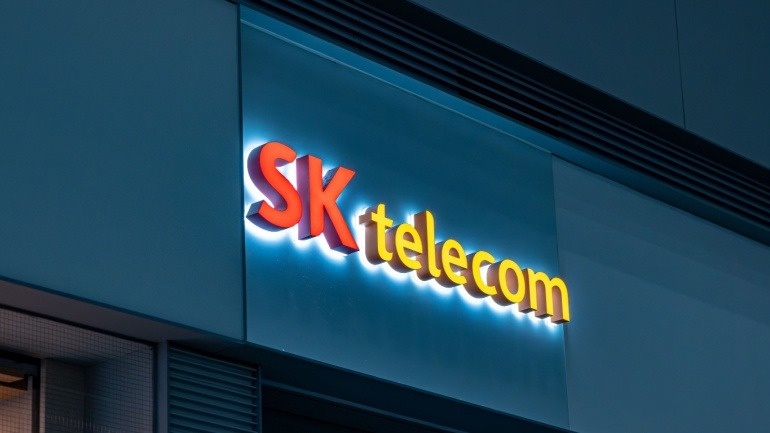A server breach at SK Telecom has led to serious concerns about data security. Disclosed by a joint investigative team, the breach compromised both personal and Universal Subscriber Identity Module (USIM) data of all subscribers. Malware was identified on 23 servers of the company, potentially leaking 9.32 gigabytes of sensitive information, affecting around 26.9 million International Mobile Subscriber Identity (IMSI) numbers.
The breach dated back to June 15, 2022, as per the investigation. Although recent firewall logs indicated no data transfer, earlier logs, from the breach’s initial date until December 2024, were missing. Thus, the actual impact remains difficult to measure.
In response, SK Telecom took proactive measures to mitigate risks. Subscribers were offered free USIM card replacements to counter identity theft concerns. The company also automatically enrolled customers in a USIM protection program matching the security level of a physical card replacement.
Security issues in the telecom sector have sparked international collaboration. South Korea’s Minister of Science and ICT recently engaged with U.S. officials to bolster joint efforts. During a meeting with FCC Commissioner Brendan Carr, both parties emphasized better international coordination against similar cyber threats. Discussions also touched upon aligning cybersecurity standards between the two countries.
Alongside these security efforts, discussions continued about strengthening U.S.-South Korea cooperation in technological research. Although the U.S. categorized South Korea as a “sensitive country,” which affected research funding, efforts remain to nurture scientific partnerships. Investment in areas like artificial intelligence, quantum technology, and biotechnology is expected to continue despite these challenges.
Furthermore, during a U.S. visit, Korea’s National IT Industry Promotion Agency reached an agreement with Nvidia to secure a stable supply of high-performance graphics processing units (GPUs) for domestic artificial intelligence applications. As part of these extensive talks, the importance of adapting to U.S. policy shifts, particularly under the current administration, was underscored.







